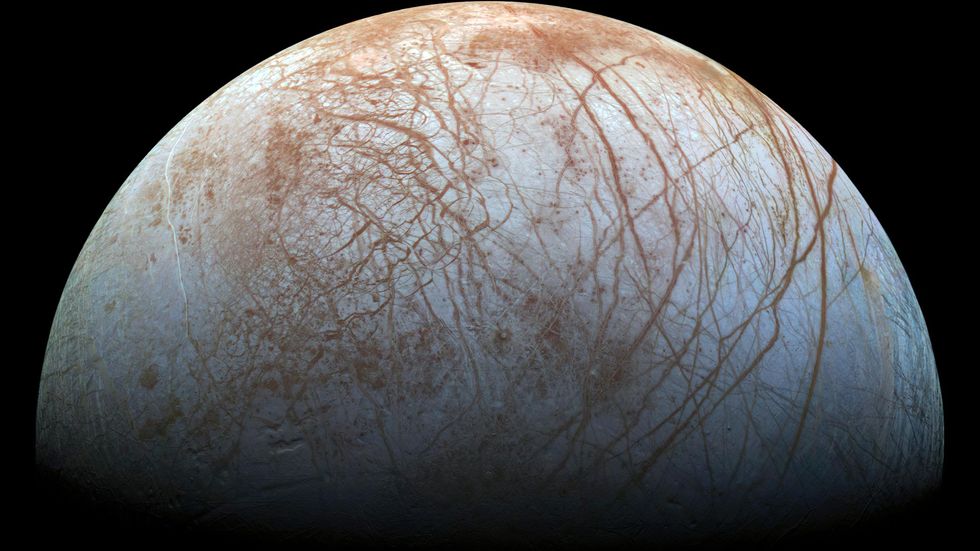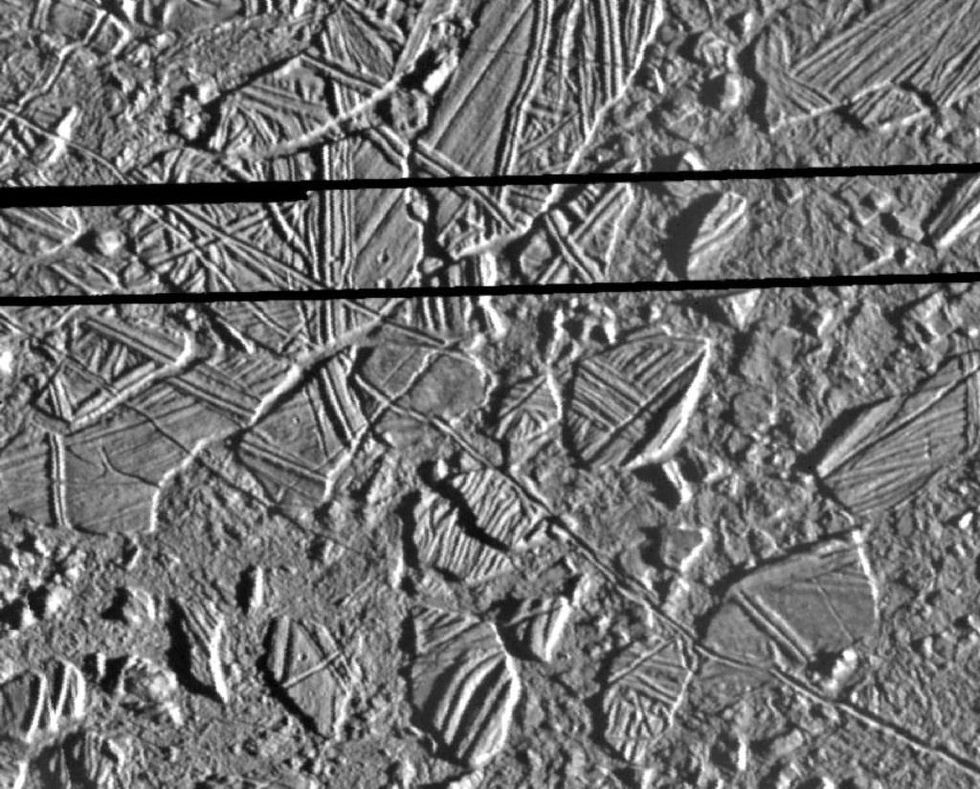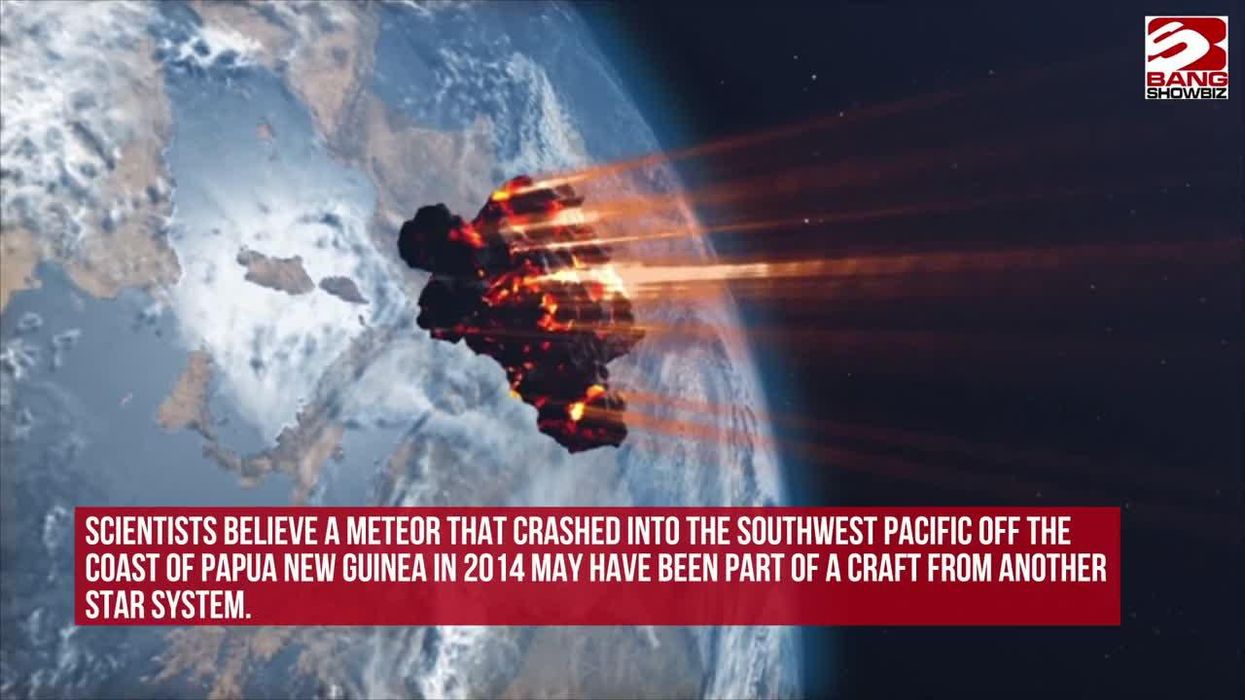Becca Monaghan
Aug 15, 2022
Alien hunters wants to use magnet on ocean bed to find UFO ...
YouTube
Just because aliens have never been discovered doesn't mean they don't exist. For years, Nasa has been trying to understand and explore the possibility of extraterrestrial life, but there is yet to be scientifically supported evidence to back it up.
One planetary body, Jupiter’s second Galilean Moon, Europa, may have the answers.
Europa has become the hot spot for astrobiologists and has piqued the interest of scientists since the '70s due to its fascinating geologic features such as an interior ocean, crisscrosses of cracks and an icy crust.
The unique feature suggests that ocean water can "somehow moves through the shell and reaches the surface," said Alyssa Rhoden, a principal scientist at the Southwest Research Institute in Colorado.
If the statement is, in fact, true, "nutrients and energy can cycle between the ocean, ice shell, and surface, and that can be beneficial for life."

Michael Manga, a geophysicist and professor in the Department of Earth and Planetary Science at UC Berkeley, believes that Europa could be one of the few places where life could persist.
"Its evolution and dynamics are fascinating, some similarities but also fundamental differences from Earth," he told Universe Today.
Sign up to our free Indy100 weekly newsletter
Europa has been the subject of many space missions in the past, for instance, Nasa’s Galileo mission of the 1990s and early 2000s.
Nasa's upcoming Europa Clipper is said to be a game-changing mission in understanding more about the planetary body and its habitual potential. It will launch in 2024 and won't be complete until 2030.

Rhoden said: "I started researching Europa 22 years ago, and I’ve had the same images to work with the entire time,
"So, I would say I am EXTREMELY excited for the new data sets that will be delivered by Clipper. As for habitability, there are probably many ways it will inform habitability, but what I am most interested to see is evidence of liquid water within the ice shell."
When asked about what life could be found on Europa, Rhoden joked: "Space whales, obviously".
Have your say in our news democracy. Click the upvote icon at the top of the page to help raise this article through the indy100 rankings.
Top 100
The Conversation (0)














